Carbon Project Services
We leverage our experience with project design, technical methodologies, geospatial analysis, and carbon accounting to support developers, landowners, and communities build stable and impactful projects.
Our Services, Your Project

Project Identification
Initial Technical Assessment
We provide an early technical assessment of your project, whether it is at the concept or early development stage. This assessment helps to chart a path to credit generation from the most appropriate carbon standard.

Access to Capital
Project Finance for Development
Our initial assessments or design studies can be used to secure project finance or development partnerships. We can communicate with your preferred investment partner or facilitate the presentation of your project to our network of capital providers.

Project Design
Designing High Quality Projects
We build projects using our quality and integrity principles to ensure a highest quality, lowest risk path to development. We use leading geospatial data and proprietary technologies to increase the rigor of the design process, combined with our on-the-ground support to align project design with stakeholder interests. Our design studies provide comprehensive data to facilitate informed investment and development decisions.
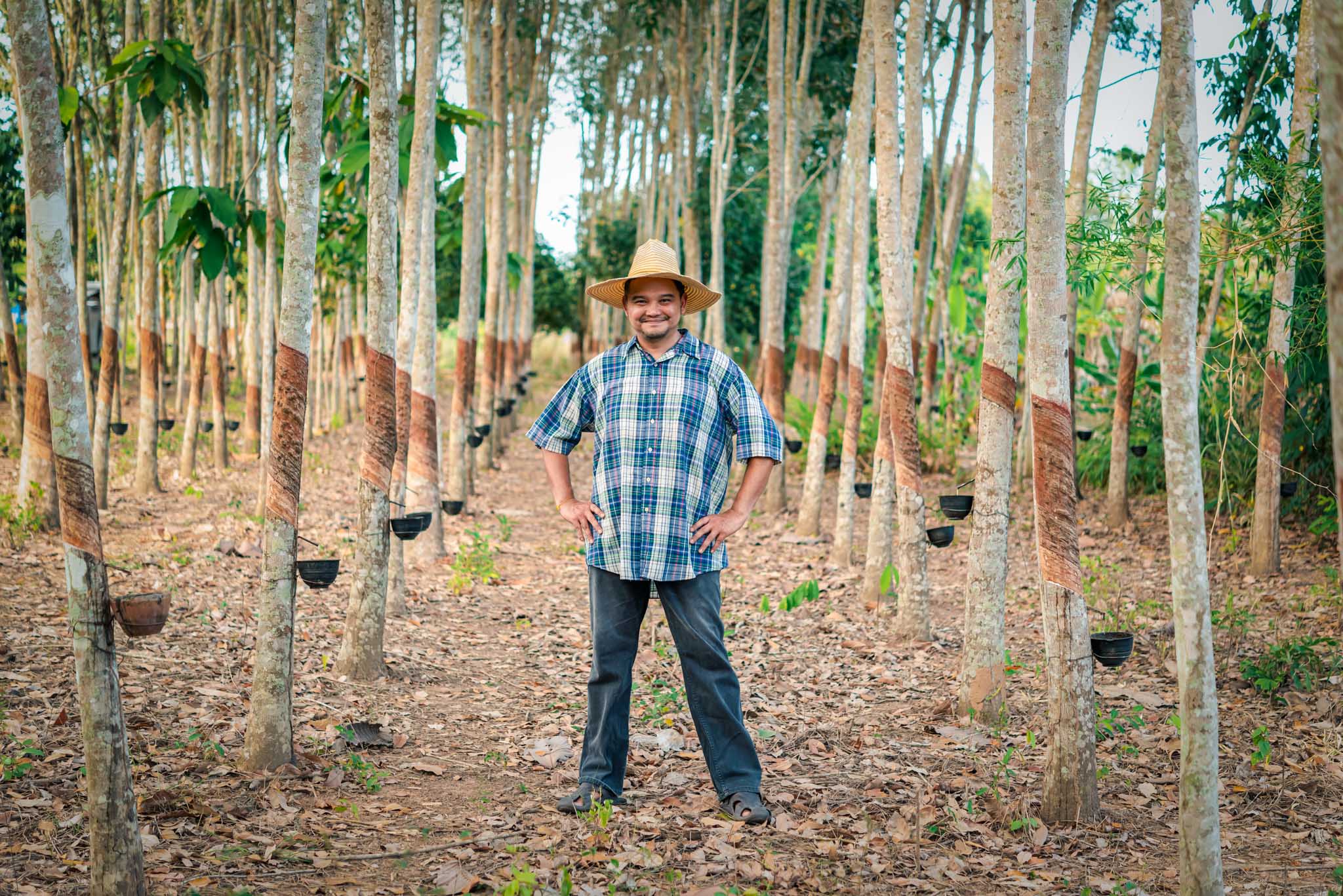
Risk Mitigation
Strengthening Viable Projects
We couple every project design with a risk mitigation plan to address gaps and uncertainties. This assists projects to prepare for a rapid and efficient development, and build the confidence of investors, community members, and credit buyers.
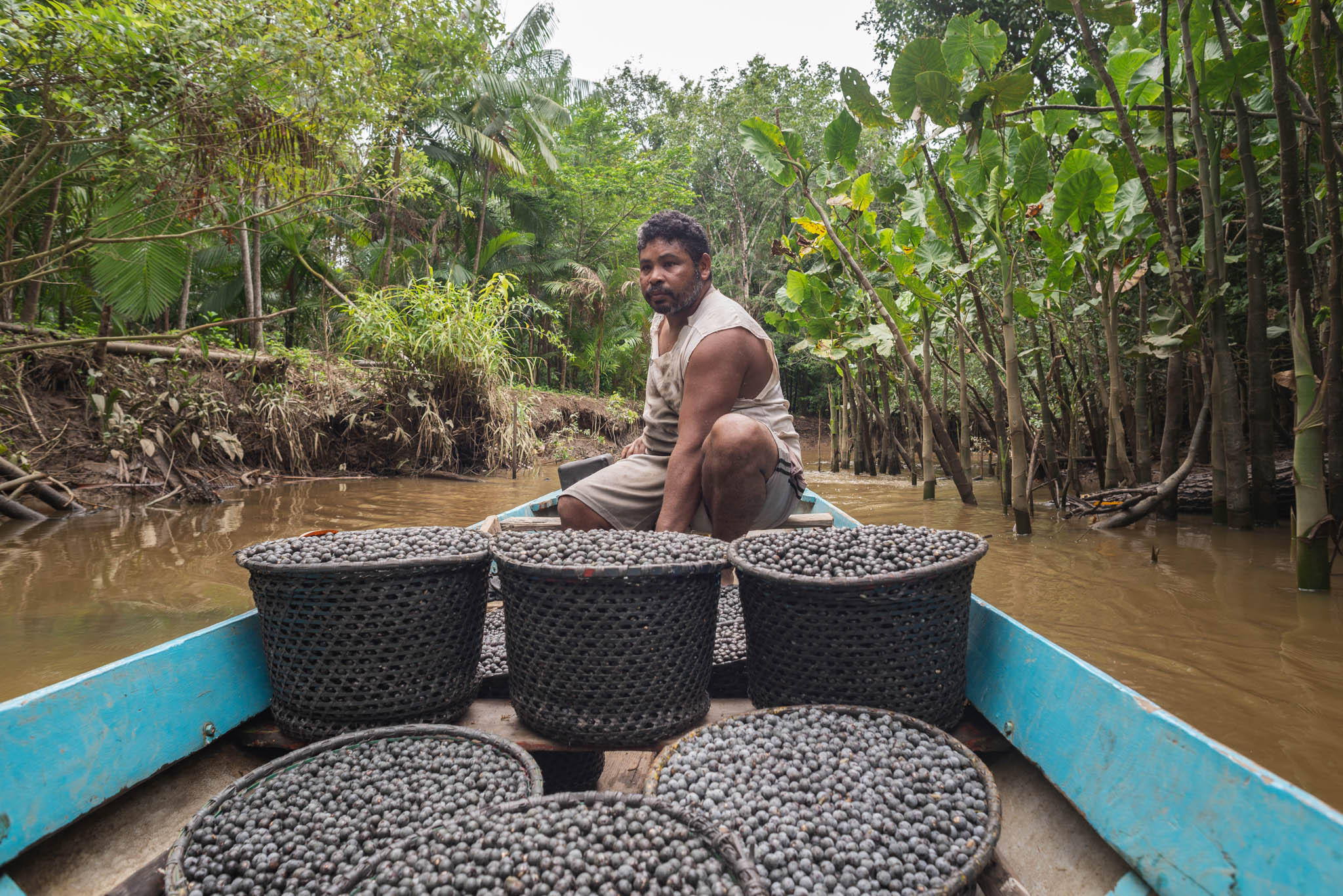
Development Partnerships
Bringing Projects to Market
We provide carbon technical development and monitoring services and facilitate partnerships for effective project development. We build on the foundation of our technical design services and ensure that each project has the financial structure and implementation team necessary for long-term success.
Biometrics
We are experts in the data analysis and statistical methods that are used to calculate forest growth, ecosystem dynamics, and carbon cycles. These calculations are the basis of the carbon accounting used to calculate project crediting.


Accounting Methodologies
We understand and apply the models and equations that govern credit generation according to the appropriate technical methodology. Our workflow ensures rigorous, transparent, and up-to-date carbon accounting practices.
Remote Sensing
We have extensive remote sensing expertise to gather, classify and relate satellite data to verify and monitor carbon stocks and changes over time. We use satellite imagery and related processing tools for consistent, accurate project evaluation.

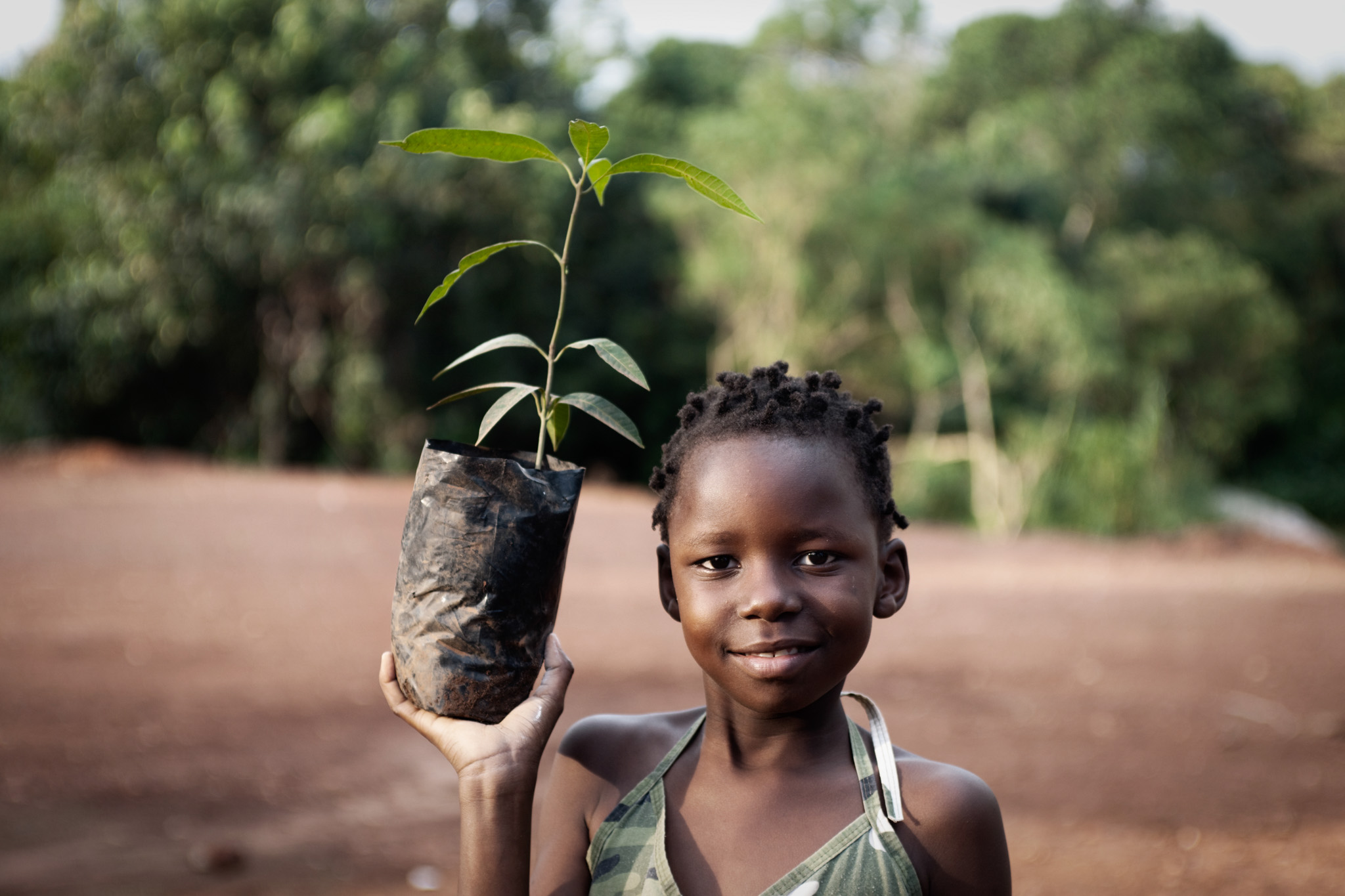
Project Design
Carbon projects model emissions and must implement activities according to requirements determined by carbon standards. We understand how to design and model projects that meet both technical and activity requirements to consistently generate credits over time.
Co-Benefit Planning
We support the participatory design of co-benefit activities. We prioritize projects with direct benefits to the people and places associated with each project. Our projects have access to the Impact Inside software platform to increase the rigor and efficiency of co-benefit activity planning, monitoring, and transparency.
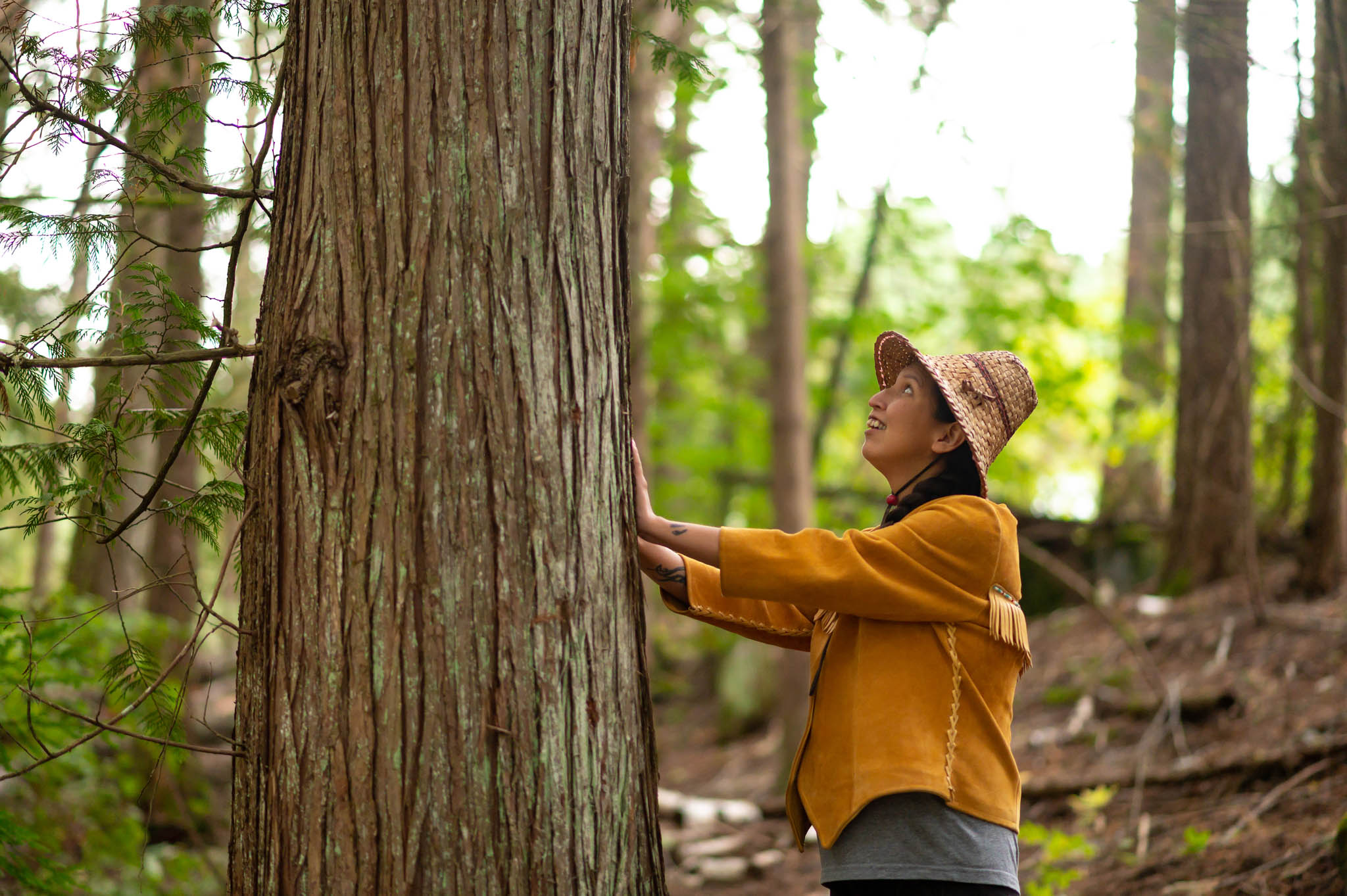

Partnerships for Development
We provide our project partners with assistance planning activities, gathering data, and consulting with stakeholders to collect all of the documentation necessary for a low-risk project. Where needed, we facilitate partnerships to increase the capacity of project proponents or secure project finance. We maintain continuity and provide the technical services necessary to register the project and generate credits over the long term.
Working With EP Carbon
Successful carbon project development requires both depth of experience and a current understanding of changing market requirements. We have developed more than 40 projects over 15 years, and are ready to help.
Recent Projects

Indonesia
The Rimba Raya Biodiversity Reserve Project
The Rimba Raya Biodiversity Reserve Project protects 640 square kilometers of critical orangutan habitat while channeling carbon revenues into impact activities that promote socioeconomic growth for tens of thousands of people.

Guatemala
REDD+ Project for Caribbean Guatemala
Each year, hundreds of local farmers join to conserve regional forests that provide carbon revenues for health care, education and technical extension. As the first grouped project of its kind, the REDD+ Project for Caribbean Guatemala is a model of smallholder engagement to create impact at scale.
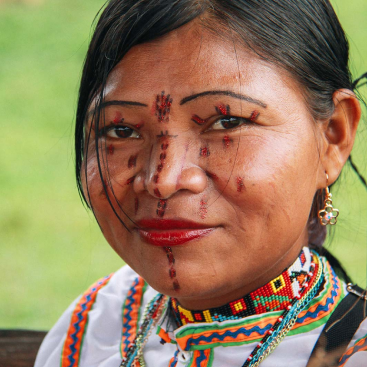
Colombia
Mutatá REDD+ Project
Empowering indigenous communities, the Mutatá REDD+ Project strengthens self-governance and control of forest resources. Carbon revenues from avoided forest loss are reinvested within communities to finance sustainable agriculture, education and employment.
